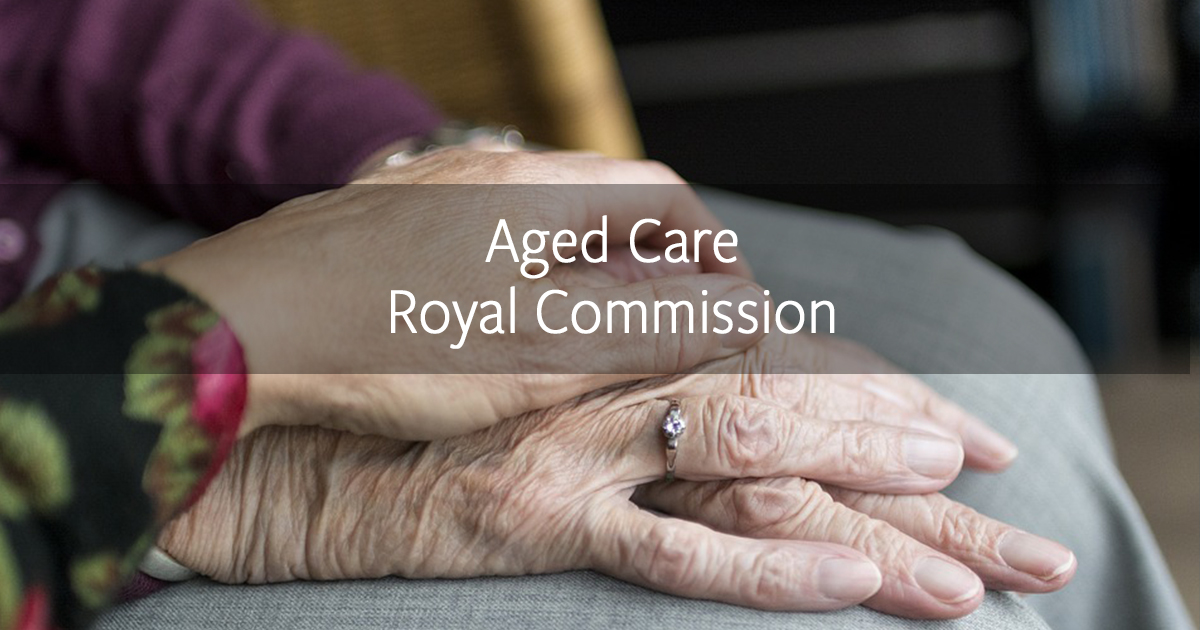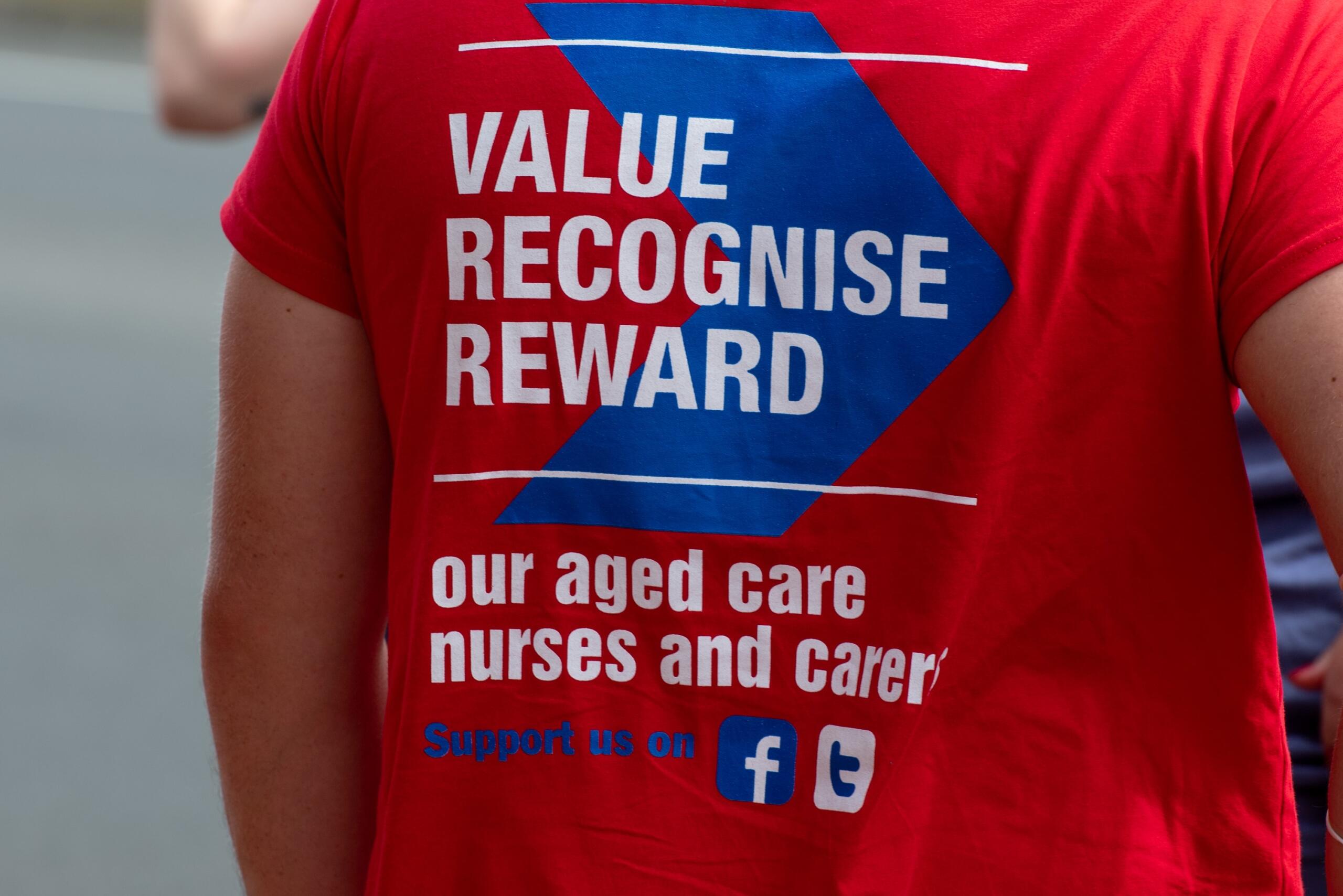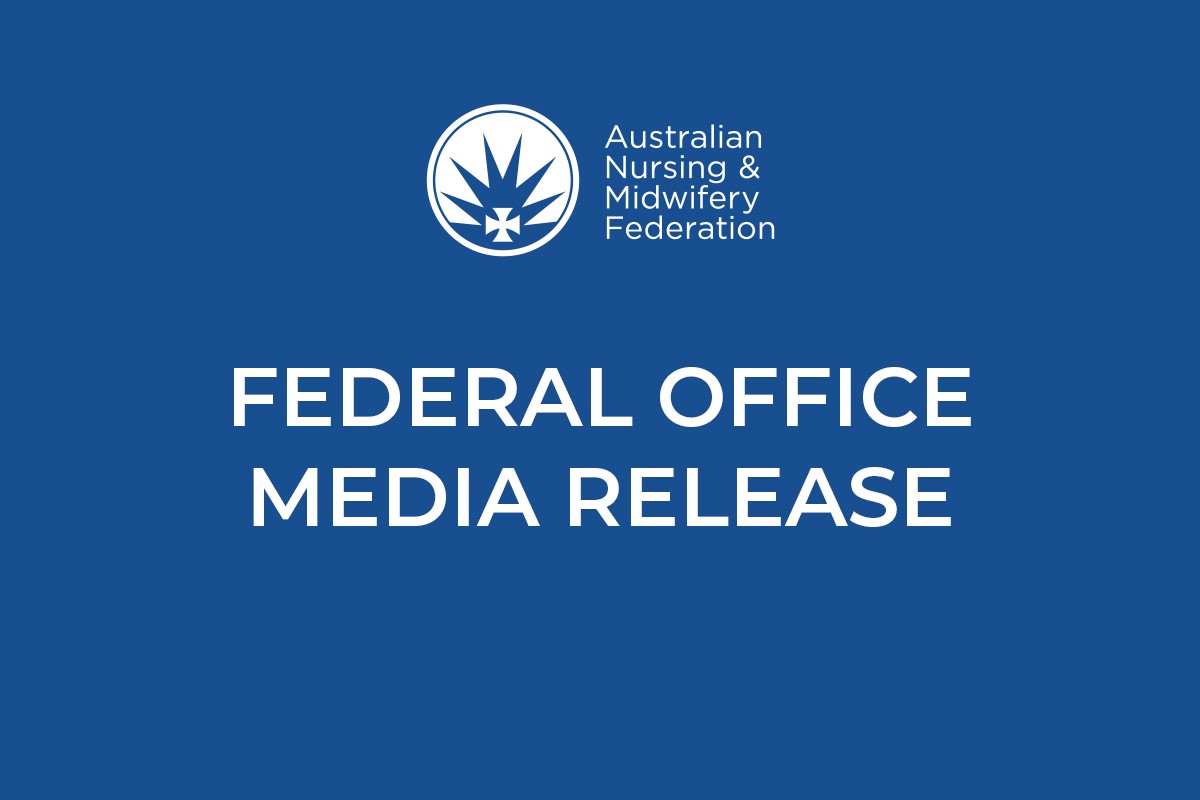
ANMF welcomes the aged care royal commission’s recommendation for a registration scheme for personal care workers including mandatory minimum education requirements.
Registration of personal care workers and minimum education requirements will help ensure personal care work is recognised professionally and held to professional standards and codes of conduct, benefiting both aged care residents and personal care workers. ANMF will continue to advocate that AHPRA be required to extend its regulatory oversight to personal care workers.
ANMF has long recognised that understaffing is a key driver of care issues raised during the two-year royal commission. That is why we have been campaigning nationally for mandated minimum staffing ratios and skill mix.
ANMF also advocated in our submission to the royal commission for a professional framework, greater education opportunities and career pathways for personal care workers.
The aged care royal commission final report, released in February 2021 says: ‘We are in no doubt that a registration scheme is required for personal care workers.’
‘Mandatory minimum training is an essential part of ensuring the provision of high quality aged care and a necessary part of professionalising the aged care workforce.’
The commissioners also acknowledged that: ‘Inadequate staffing levels, skill mix and training are principal causes of substandard care in the current system.’
The commissioners, Tony Pagone QC and Lynelle Briggs AO, recommended:
By 1 July 2022, the Australian Government should establish a national registration scheme for the personal care workforce with the following key features:
- a mandatory minimum qualification of a Certificate III
- ongoing training requirements
- minimum levels of English language proficiency
- criminal history screening requirements
- a code of conduct and power for a registering body to investigate complaints into breaches of the code of conduct and take appropriate disciplinary action.
Commissioner Briggs recommended that by 1 July 2021 AHPRA start a process to examine the feasibility of a registration scheme for personal care workers under the National Registration and Accreditation Scheme.
The commissioners agreed with ANMF’s submission that the introduction of a mandatory minimum qualification must have appropriate support and transitional provisions.
The commissioners recommended that for existing personal care workers who do not meet the minimum qualification requirements, there should be transitional arrangements that allow them to apply for registration based on their experience and prior learning.
They also agreed with ANMF’s view that personal care workers be supported to complete the qualification, with reasonable time to enrol, paid study leave, workplace mentoring support and technological supports to complete coursework.
The commissioners also noted that other occupations that have made the transition to a regulated profession have been supported by transitional arrangements.
The commissioners suggested that supports could include:
- a scheme for recognising people who are working toward the Certificate III to obtain conditional or provisional registration
- scope to enable the Certificate III to be obtained by way of on-the-job training
- options for various paths to obtain the qualification, including through apprenticeships
- recognition of prior experience and learning
- a bridging or transition time for existing aged care workers, with extended time to accommodate those in rural and remote locations without the training facilities nearby
- financial support, through a subsided Certificate III course.
The commissioners stated in their report they had heard of inconsistency in the quality and duration of courses leading to the Certificate III qualification and recommended a review of certificate-based aged care courses by January 2022.
The commissioners listened to the ANMF’s view that providers offer greater professional development and education opportunities to existing staff. They recommended the Australian Government build into the base aged care subsidies a standard amount per employee to support ongoing training and development for existing and new personal care workers.
They also recommended that from 1 July 2021, governments fast-track the Australian Industry and Skills Committee’s development of accredited, nationally recognised, short courses for the aged care workforce.




